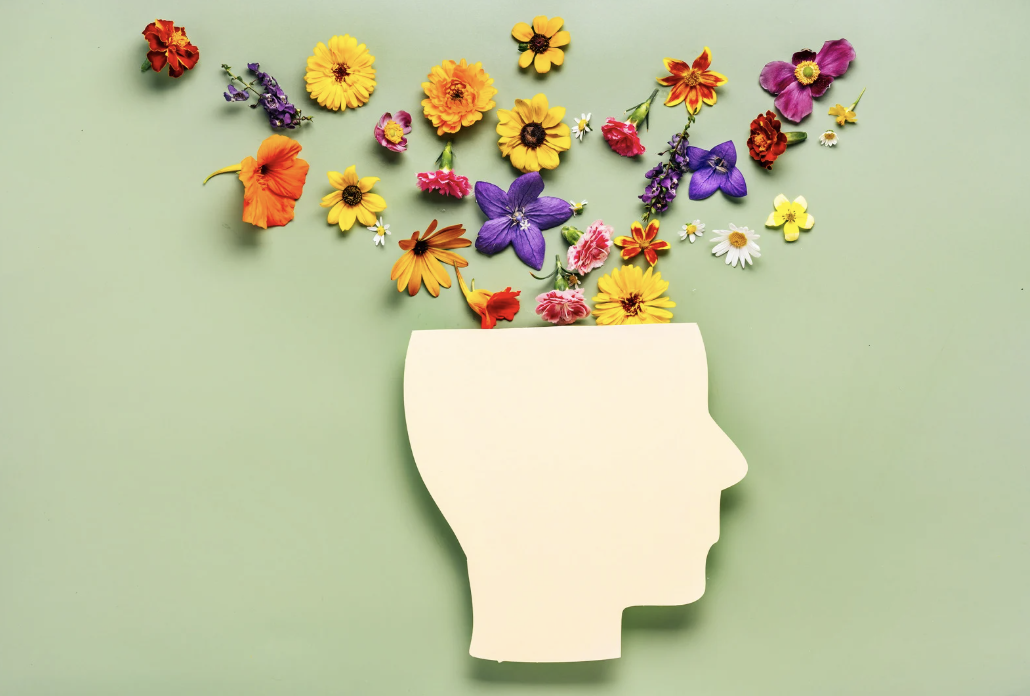According to the National Institute on Drug Abuse, the relapse rate for people with substance use disorders is similar to that of other chronic diseases such as diabetes and hypertension. However, addressing mental health can be a critical factor in preventing relapse after you’ve completed a residential addiction treatment program.
Why Relapse Is a Concern After Treatment
Relapse is when a person returns to substance abuse after an extended period of abstinence. It can happen for many reasons, including triggers such as stress, social situations, or reminders of drug use.
A relapse after seeking addiction treatment can be extremely dangerous. After a period of abstinence, an individual’s tolerance to drugs or alcohol decreases. This means that if they relapse and use the same amount of substances as they did before treatment, they are at higher risk of overdose due to their decreased tolerance. Even if an overdose is not fatal, it can have lasting effects on the brain, heart, and kidneys.
How Mental Health Can Affect Relapse
Mental health disorders can make it harder to cope with triggers and manage stress, leading to substance use as a coping mechanism. Some common mental health disorders that can affect addiction recovery include:
- Clinical depression. Also known as major depressive disorder (MDD), clinical depression is a mental health condition marked by persistent feelings of sadness and a loss of interest in previously enjoyable activities.
- Generalized anxiety disorder. An individual with generalized anxiety disorder (GAD) experiences excessive and persistent worry and anxiety about everyday situations, events, and activities.
- Social anxiety disorder. People who have social anxiety disorder (SAD) experience intense fear and anxiety in social situations such as dating, meeting people at a party, or even shopping in a crowded store.
- Post-traumatic stress disorder. After a traumatic event, such as physical or sexual assault, a natural disaster, combat, or a serious accident, a person may develop post-traumatic stress disorder (PTSD) characterized by flashbacks, nightmares, or intrusive thoughts.
- Bipolar disorder. Also known as manic-depressive illness, bipolar disorder is a mental health condition characterized by mood swings that flip between periods of mania or hypomania and depression.
- Schizophrenia. Characterized by delusions, hallucinations, disorganized behavior, and reduced emotional expression, schizophrenia is a severe mental health condition that typically develops during young adulthood.
- Borderline personality disorder. People with bipolar personality disorder (BPD) often experience intense and rapid mood swings, have difficulty regulating their emotions, and engage in impulsive and risky behaviors.
Reducing the Risk of Relapse by Incorporating Mental Health Care into Addiction Treatment
Addressing mental health as part of a person’s addiction treatment plan can lead to better outcomes and long-term recovery. Treatment for mental health disorders can include therapy, medication, and lifestyle changes. Cognitive-behavioral therapy (CBT), dialectical behavior therapy (DBT), and eye movement desensitization and reprocessing (EMDR) are effective therapies for many mental health disorders. Incorporating mindfulness, exercise, and other holistic therapies can also help promote mental wellness.
If you have been diagnosed with a co-occurring mental health disorder, here are some self-care tips that can help you stay on track with your recovery efforts:
- Exercise regularly. Exercise positively affects mental health by reducing stress and anxiety, improving mood, and increasing self-esteem. Activities such as walking, jogging, yoga, or traditional team sports can help improve your mental well-being.
- Practice relaxation techniques. Relaxation techniques such as deep breathing, meditation, or progressive muscle relaxation can help to reduce stress and anxiety levels. Try incorporating these techniques into your daily routine to promote mental relaxation and reduce the risk of relapse.
- Prioritize sleep. Getting enough sleep is crucial for good mental health. Aim to get seven to eight hours of sleep per night and establish a regular sleep routine to promote healthy sleep habits.
- Eat a balanced diet. A healthy diet can help to support mental health by providing the necessary nutrients for your body to function optimally. Eat a diet rich in fruits, vegetables, whole grains, and lean proteins.
- Seek social support to help you reach your goals. Social support can have a significant impact on mental health. Seek to build a strong support network of friends and family members as well as people from support groups such as Alcoholics Anonymous (AA) or Celebrate Recovery.
Let St. Joseph Institute for Addiction Help You Achieve Your Recovery Goals
Our Pennsylvania residential addiction treatment center offers evidence-based treatment programs tailored to meet your individual needs. We provide comprehensive care to help you manage your mental health needs and achieve lasting recovery.
Don’t let addiction control your life any longer. Reach out to our admissions office to start your journey towards a healthier, happier, and more fulfilling life.


